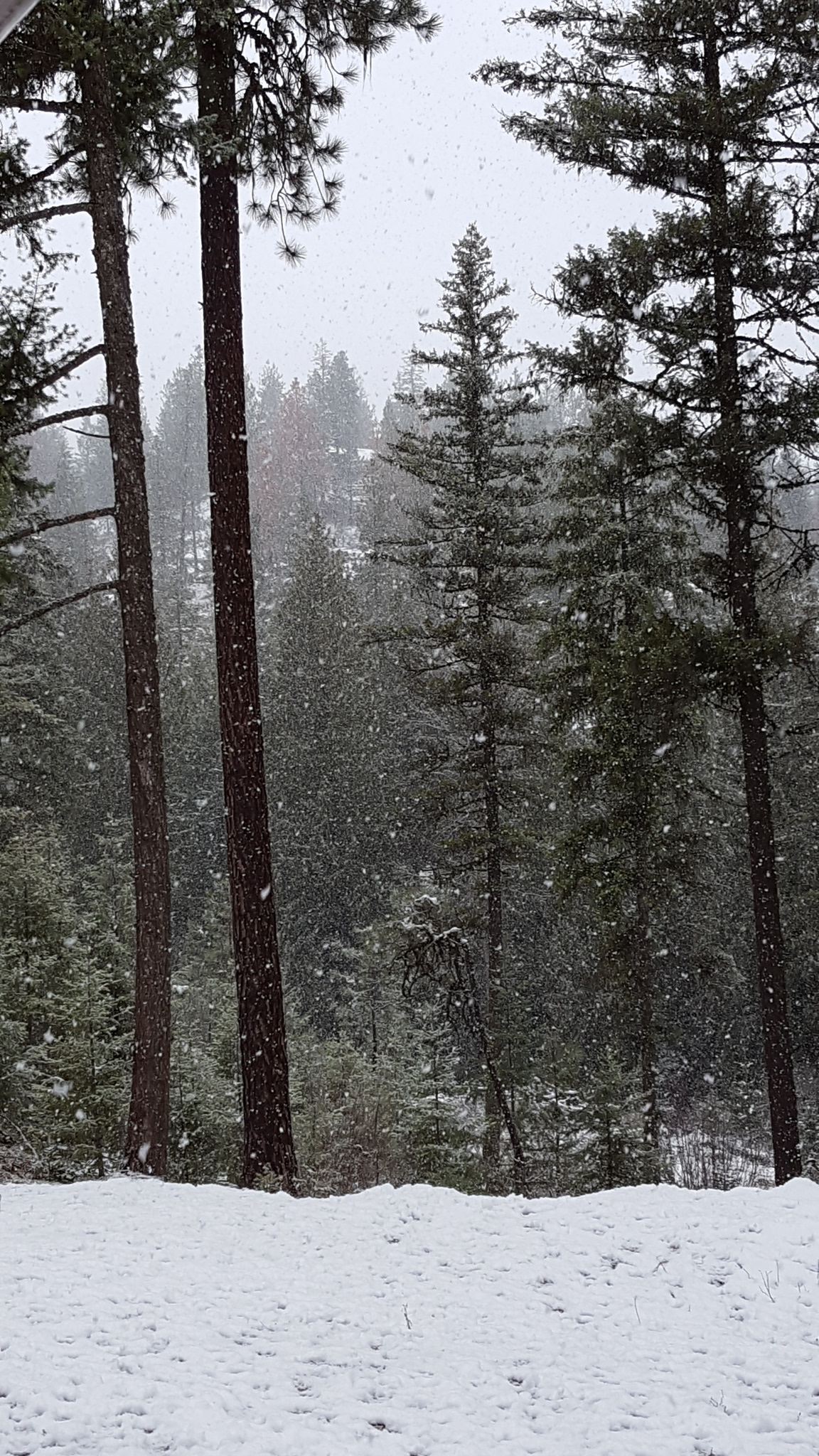-
Content count
2,834 -
Joined
-
Last visited
-
Days Won
28
Everything posted by rene
-
Getting past 'either/or' mindset can be difficult. this that both this and that neither this nor that All four at the same time <--there it is. And yes, I drive Marblehead's pick-up while meditating.
-
Wow, didn't realize this request would be so difficult for you. We just wanted to try something new and I'm surprised you cant help us with this one-off. I guess the best we can hope for then is your success at staying mindful. Good luck!
-
I'm sure that's very true! But we are trying something different in this subforum, so, Stigweard, if you can personally restrain yourself from starting threads, it would be very much appreciated. Thanks!
-
I agree with Twinner, that's for you to decide. If you dont know in your heart what's right FOR YOU, then flip a coin and pay attention to your first-gut reaction when you see the result. Best wishes.
-
Hi Stigweard, Oops.. We're trying to limit the new threads to be started only by Twinner, so your post could have gone in the General Discussion thread for now. I copied your links over, and if that thread later needs to be sorted, well, I know someone (Mal) who's rather handy at those kinds of things. Thanks for understanding! warm regards
-
*Moved to Resources thread*
-
My dauschund, shudders.. remembers fire, leaping eggs.. Scrambles out the door!
-
Ebony, complete. Little piggies market bound, Tofu hotdogs, Yum!
-
LOL yeah. Your "Tao can be told, Tao is not eternal" thoughts line up with my "Tao cant be fully described". 'Tao cant be fully described' , i.e, it can be told about, described, talked about, etc, in part. 'Tao cant be fully described' , i.e., as tao is dynamic, it's impossible to capture to contain it fully within a definition/description. :tossin you a peach:
-
Stigweard, thanks for posting your rendition of Ch2 in the thread. ************* when commenting on this section of the TTC. He is not saying don't judge as in do not discriminate between one quality and another - in fact he is saying it all in the mix of nature if you like. He is saying don't prefer the beauty and reject the ugly because both are aspects of the non-dual Tao.... Its all ziran, all Tao. And all good. (-: Thanks for the Wang Bi quote. warm regards edit:typo
-
Thanks Stigweard for adding your rendition into the Chapter thread!
-
Spirit of the wind, blows rules back to haiku thread. Cant you people count??
-
And that depends on what you mean by "Te" and we'll get to that soon enough. As far as "What kind of life is a 'natural' way of life?" I think most folks have a 'back to Nature' idea on this, but my take is a little different. There's a line in an upcoming Chapter that usually goes something like: "In dwelling, live close to the land." But W.Wang translates that line something like: "In dwelling, best to adapt to the place" which makes more sense to me because 1) not everyone can go escape to the mountains (heheh), and 2) finding a way to flow with ones surroundings, whatever and wherever they might be, may be the more watercourse way - as majc likes to call it - and more useful.
-
The griddle sizzles; bacon slides and pops... Ack! Fire! Eggs escape to plate!
-
A Translation's Approach Early in the Chapter 2 thread, we talked about the differences in approach, maybe best shown by a few lines of the Ch 2 translations by Henricks and Feng/English: Henricks: 10. Therefore the Sage dwells in nonactive affairs and practices the wordless teaching. 11. The ten thousand things arise, but he doesn't begin them; 12. He acts on their behalf, but he doesn't make them dependent; 13. He accomplishes his tasks, but he doesn't dwell on them; - In this version, the Sage is present in each line. Feng/English: Therefore the sage goes about doing nothing, teaching no-talking. The ten thousand things rise and fall without cease, Creating, yet not. Working, yet not taking credit. Work is done, then forgotten. Therefore it lasts forever. - In this version - the Sage's presence ends with the first line. *** In the Ch 1 thread, TianShi asked, "what is this book about? is it a car owner's manual or a crime novel?" and that is the point of this whole post. It might be that if the Translators began their work with a preconceived idea that the TTC is, or should be, an 'instruction manual' then the Chapters in their translation will likely have the flavor of what we 'should or shouldn't' do regarding this or that and insert the Sage to exemplify what our choices should be. If the Translators have the preconceived idea that the TTC is, or should be, only a 'description' - there would be less need to insert the Sage into what occurs on its own, and the flavor would be in more in the manner of 'here it is, see anything useful there?' I think either way is fine; we each approach the TTC for our own reasons and in our own way. It might be fun as we go through the Chapters to see if this pattern remains consistant, within and between, the Translators and their renditions. All comments welcome.
-
Taomeow - Thanks on the congrats and for sharing those words! Totally agree. Line one of chapter one of the number one book says tao cant be fully described; nothing more. Easy to fall on the other idea though, when excuses reasons are needed.
-
Hi Just me, One thing that might be helpful as you read the replies to your questions - is to first understand about the words "Taoism" and "Taoist". For a long time, there seemed to be rather distinct categories: Philosophical Taoism, Religious Taoism, Alchemical Taoism, etc - and the people who embrace one or another of those approaches all tend to call themselves "Taoists" and what they practice as "Taoism". In your explorations, you might run across debates as to who/which is the 'real Taoist/Taoism' There might be a softening of this now; and the differences are seen only as a method of approach. Of course there will always be those who hold up the barriers and cling to the label, keeping others out (and themselves locked in). As you read the replies, and explore around elsewhere, you might be able to spot the approach of the person providing the information, which can give you perspective on their reply. Best of luck!
-
Absolutely! If Stigweard (or anyone) wants to post his (their) renditions in each established Chapter thread he (they) would be most welcome to do so! Now's the time to jump in; Twinner's about to start Ch 3. (-: warm regards
-
Please excuse the interrupton, but I really want to comment on this: "As far as whether the sage is involved or not, I'm not sure if that actually alters what's being said to that great a degree,..." IMO. On the surface what is said may only be altered slightly, but the underlying approach, how we interpret and understand the TTC, is radically different. Since this is an overall thing, rather than just specific to Ch 2, I'll post my thoughts on this in the General thread. warm regards
-
Yep, Wow. Hi Manitou (-: In the Chapter One thread, majc said "Ch 1 is the simplest, minimalist, compressed expression of the whole thing. The other 80 chapters aid and reinforce its unpacking." I agree, and for me Ch 2 continues that compressed expression of two things: the manner and rise of the manifest, followed by the way the 10,000 things interact naturally. Some translations jump right into how dualities are supposed to be avoided. Dualities. What the hell is a 'duality' anyway and why are we supposed to avoid them? Is it more than just complimentary opposites like on a color-wheel, or like the on/off light switch that's rather useful? Does the word apply only to when we make 'good/bad' judgements about things? I make judgements all the time when I look in the fridge and judge the green fuzzy roast beef as bad. Very bad. Bad beef. Bad beef. To me, the pairs listed in Ch 2 illustrate your idea regarding absolutes. No thing (or action) imo is inherently good or bad (including the fuzzy beef) - it's as you say, it all interdepends; it depends on perspective: Shark eats man. Good for the shark, bad for the man. Fuzzy beef kills rene; fuzzy beef feeds microbes/bacteria. Hmmm...time for breakfast, lol. warm regards edit:typo
-
Um... We were talking about being better 'for' something, not better 'than' something. If you want to play with this more, I'll meet you back on that other thread, if I can remember which one it was.
-
LOL it has been five years, yes! And had you not had your bio on your site, I would not have known it was the you I know - until you made a few posts, that is. Sounds like you put much effort into your version and I look forward to exploring it further. It will be interesting to see if you have changed your mind about anything. warm regards, rene
-
Alfred - thanks for posting the Lau translation. Hey - look at the difference in the lines: Lau: 6.Therefore the sage keeps to the deed that consists in taking no action and practices the teaching that uses no words. 7. The myrad creatures rise from it yet it claims no authority; It gives life yet claims no possesion; It benefits them yet enacts no gratitude; It accomplishes its task yet lays claim to no merit. 7a. It is because it lays claim to no merit Thus its merit never deserves it. What is the "it" here? the Sage's teaching? **** Here's the same lines in the Wu translation posted by Twinner: Therefore, the Sage manages his affairs without ado, And spreads his teaching without talking. He denies nothing to the teeming things. He rears them, but lays no claim to them. He does his work, but sets no store by it. He accomplishes his task, but does not dwell upon it. Definately the Sage is present in those lines.. ***** Here's the Feng/English: Therefore the sage goes about doing nothing, teaching no-talking. The ten thousand things rise and fall without cease, Creating, yet not. Working, yet not taking credit. Work is done, then forgotten. Therefore it lasts forever. Hmmm. In the F/E version - the 'ten thousand things' seem to do all the rest of those things without the sage's teaching or involvment. Do you guys see that? Or have I just been into Alfred's wine again? Maybe that's why I like the Feng rendition so much: it dont take humans to manage or teach nature to do what it does. What say you? Anyone?
-
Everything, that is really nice.
-
Mike, hi I think it's in there too. Nice to see you in here.



